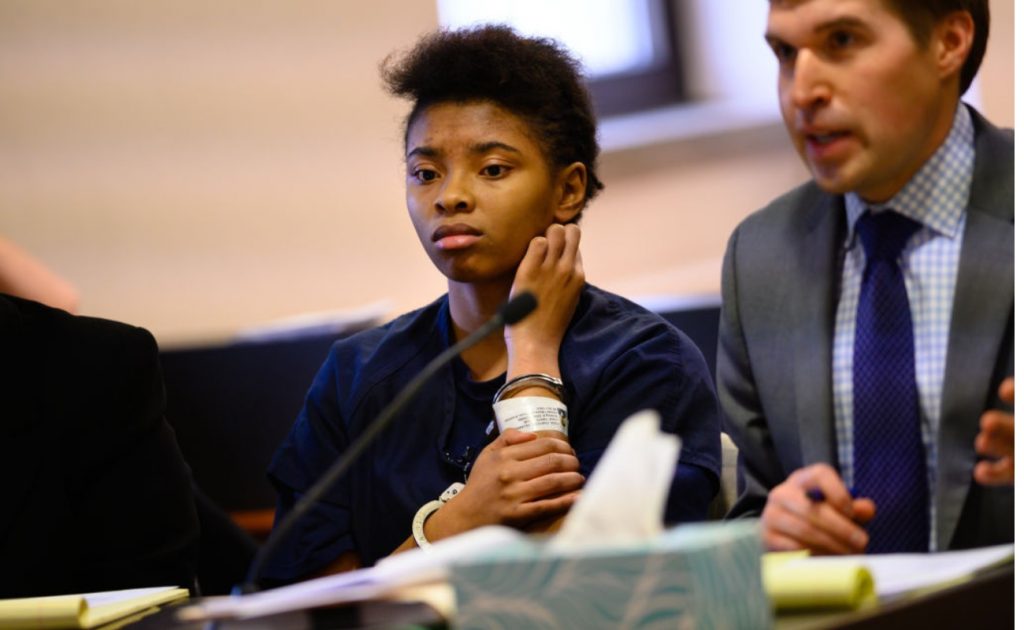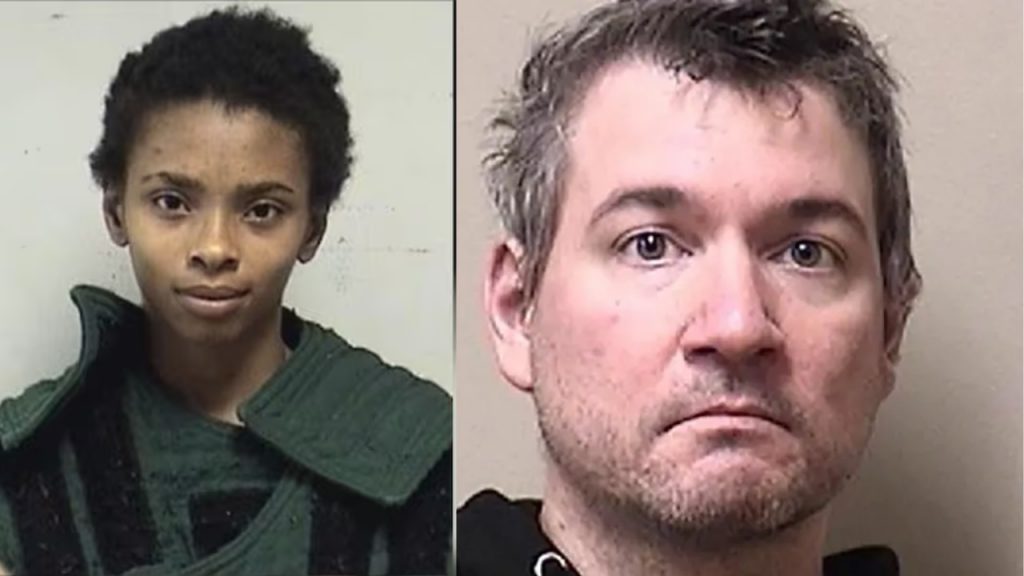Milwaukee woman sentenced to 11 years for killing her alleged sex trafficker

Chrystul Kizer, a Milwaukee woman, has been sentenced to 11 years in prison for killing Randall Volar, the man prosecutors claim sex-trafficked her when she was a teenager.
The sentence, handed down on Monday, concludes a six-year legal battle for Kizer, now 24, who had argued for immunity from prosecution.
Kizer was charged with reckless homicide for fatally shooting Volar, 34, in 2018 when she was 17. She accepted a plea deal earlier this year to avoid the possibility of a life sentence.
Volar had been sexually abusing Kizer and filming the abuse for over a year before his death. Kizer stated that she met Volar at 16, and he sexually assaulted her while offering money and gifts. He also profited by selling her to other men for sex.
An investigation by the Washington Post revealed that authorities had evidence, including video footage, showing Volar abusing about a dozen underage girls, including Kizer.
Despite this, police arrested Volar on charges of sexual assault four months before his death but released him the same day.
According to police, Kizer traveled from Milwaukee to Volar’s home in Kenosha in June 2018 with a gun, shot him twice in the head, set his house on fire, and took his car.
Prosecutors argued that the killing was premeditated, intended to steal Volar’s car, while Kizer’s lawyers claimed she acted in self-defense.

Kizer’s case brought attention to the legal protections available to victims of sex trafficking. Some states have “affirmative defense” provisions that protect victims from certain charges, like prostitution or theft, if those actions were a result of being trafficked.
Kizer’s case tested whether this defense could be extended to homicide. In 2022, the Wisconsin Supreme Court ruled that Kizer could use evidence of her abuse to defend herself.
This ruling attracted widespread attention and garnered support from activists in the #MeToo movement.
However, Kizer ultimately chose to accept a plea deal to avoid the risk of a life sentence. “I get to try to move on,” Kizer told the Washington Post in an interview from jail earlier this year.
Having already served more than a year and a half of her sentence, Kizer will face five years of extended supervision after her release.
Source-BBC





